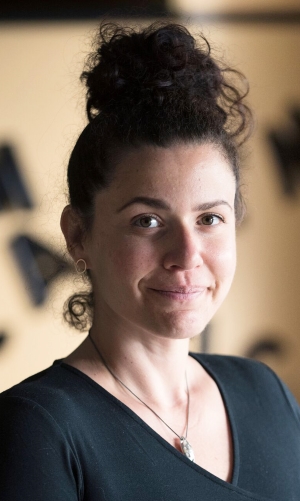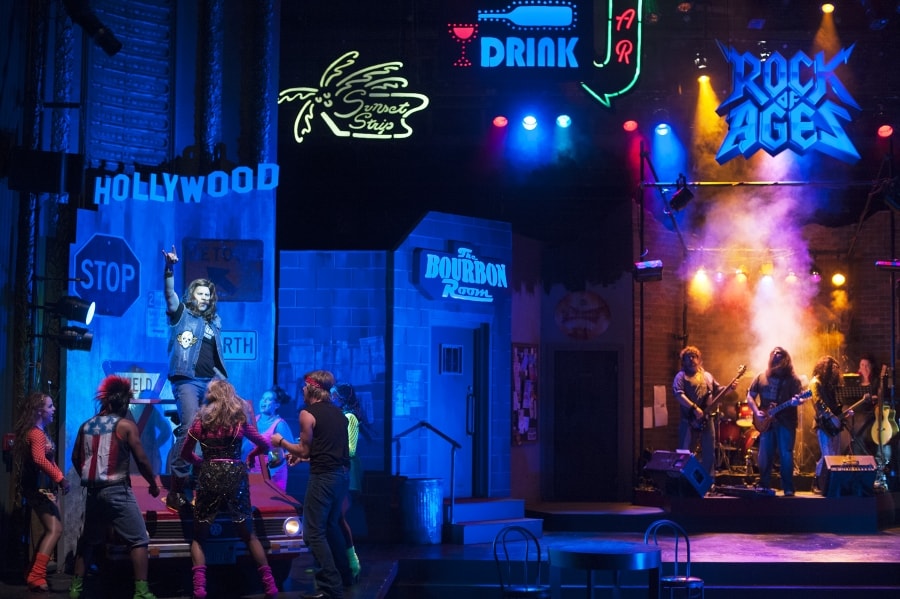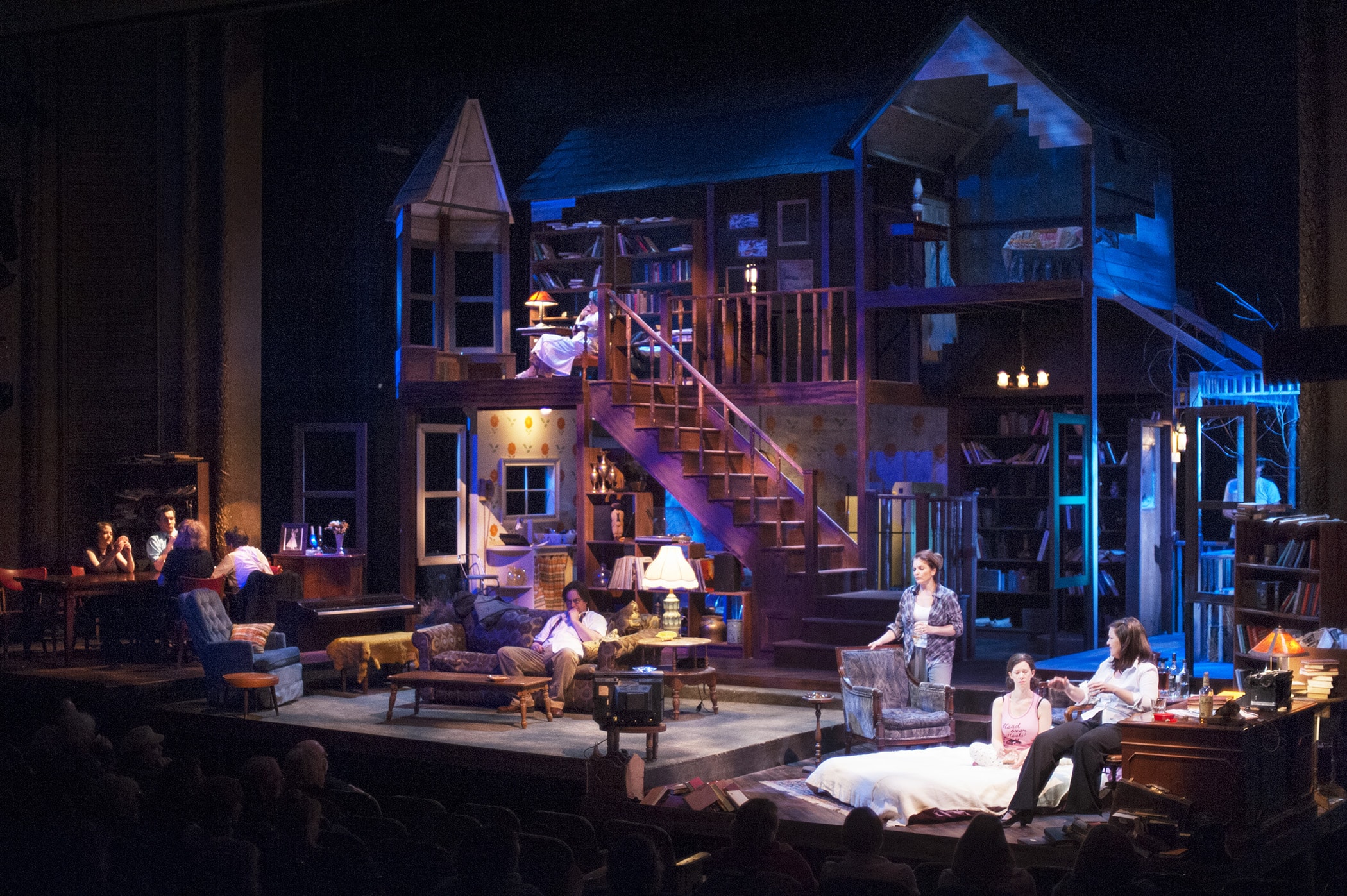BANGOR, MAINE: Penobscot Theatre Company, located along the Penobscot River, is the northernmost year-round professional theatre company in the United States. The company owns and operates historic Bangor Opera House, the last of its kind in a town that was once home to seven opera houses, which sat upwards of 2,000 patrons each, giving the town its nickname, “Little Broadway of the North.” We caught up with producing artistic director Bari Newport via email to learn more about making theatre in the Pine Tree State.

Who founded Penobscot Theatre Company, when, and why?
In 1974, the Acadia Repertory Theatre—a then one-year-old summer stock company based an hour away in coastal Maine—endeavored to expand their season by mounting productions year-round in downtown Bangor. In 1984, the company split, leaving the for-profit Acadia Repertory Theatre that continues its summer operations today and creating Penobscot Theatre Company, a year-round not-for-profit, professional theatre company.
The legendary George Vafiadis and his partner Lou Collier founded both companies. Vafiadis went on to found the Public Theatre in Lewiston, Maine, as well.
For ten years, Penobscot Theatre Company also encompassed the Maine Shakespeare Festival, the brainchild of Penobscot Theatre Company’s third artistic director, Mark Torres.
Tell us about yourself and your connection to the company.
I have always been very interested in the democracy inherent in American regional theatre: If a community wants to have a professional theatre in its midst, it has to figure out a way to fund it. Rural communities (places with no major corporations and small, disperse populaces) have interested me, as I am invested in the notion of “theatre for all.”
My early theatre experiences were so powerful that I have rather relentlessly sought to recreate that wonder, both for myself and for others. Someone once called me a “theatre missionary,” and in many ways that resonates. I seek depth, vibrancy, and hope in everything I do, and believe that the shrinking of a singular imagination is collectively a terrible thing.
What struck me most when I first attended a production at Penobscot Theatre Company was the incredible enthusiasm of the audience. They signaled their appreciation with a thunderous burst of joyful approval, which totally swept me up. It was enchanting, and I was hooked.

What sets your theatre apart from others in your region?
We are the only year-round professional theatre company in the northern half of Maine.
Who is your audience?
We serve about 27,000 audience members a year, most of whom live within a three-hour drive—including Maritime Canada. Our longstanding education program, Dramatic Academy, serves an additional 5,000 youth both onsite and through school residencies throughout the state.
Tell us about your favorite theatre institution other than your own, and why you admire it.
The Westport Country Playhouse and the Williamstown Theatre Festival are incredibly special places to me and certainly to thousands of others. At Westport, where I was an intern for two summers, I really had the sensation of treading in the footsteps of giants. I will forever associate the smell of an old barn with the magic of possibility.
At Williamstown, where I also spent two summers, the environment was such a hotbed of creative stimulation. There I was supported and encouraged to take risks in ways I have rarely experienced since. It was such an important and prolific time in my life.
How do you pick the plays you put on your stage?
At the Alliance Theatre, I once heard Susan Booth describe the questions she asks when choosing plays and I’ve found them a useful guide:
- Does it speak most directly to the heart or the head? (Each community “listens” differently.)
- Can we do it well? (in our space, with the resources we have available)
- Why here and why now? (How does this story resonate in this community, at this time?)
- Does it fit into the rest of the season puzzle? (We serve a wide demographic and therefore seek to program a wide variety of work within the course of the season; Maine is exceptionally seasonal, so where we put productions has a lot to do with the literal season of the year. For example, in February, in the middle of long, cold, dark winters, long after the snowbirds have left for Florida, our audiences want to laugh—hard.)
- Do the numbers work? (Financially, will it do its part?)

What’s your annual budget, and how many artists do you employ each season? Our budget is currently close to $1.3 million. We employ about 80 designers, actors, and directors locally and “from away” each season. We employ a full-time staff of 12 professionals, interns, and a few part-time employees.
What show are you working on now? Anything else in your season that you’re especially looking forward to?
I am about to go into rehearsal for the Maine premiere of Murder for Two. It is a complex piece, possibly best served in an intimate space, so I’m fascinated to see how it unpacks in our large opera house.
I am pleased to be producing a second production this season, Papermaker by novelist Monica Wood, which had its premiere at Portland Stage Company in 2015 and which continues to resonate deeply in light of the economic realities of our region.
Strangest or funniest thing you’ve ever seen (or put) on your stage?
Amy Roeder. She is one funny lady and a fascinatingly gifted actor. We are proud to have her on our staff.
What are you doing when you’re not doing theatre?
I collect art, I run, and I assist my partner Magnus with his career as a photographer. Two weeks ago, we were shooting cheddar cheese in Vermont for Culture magazine.
What does theatre—not just your theatre, but the American or world theatre—look like in, say, 20 years?
Theatre is being made everywhere, by everyone—in the streets, in the schools, in the town squares and in the theatres, whose seats are all full. It is discovered that the primal human need for connection cannot be displaced by an increasingly digital age—and in fact, the urge to connect has snowballed into an undeniable, unified, and incredibly powerful human force.


